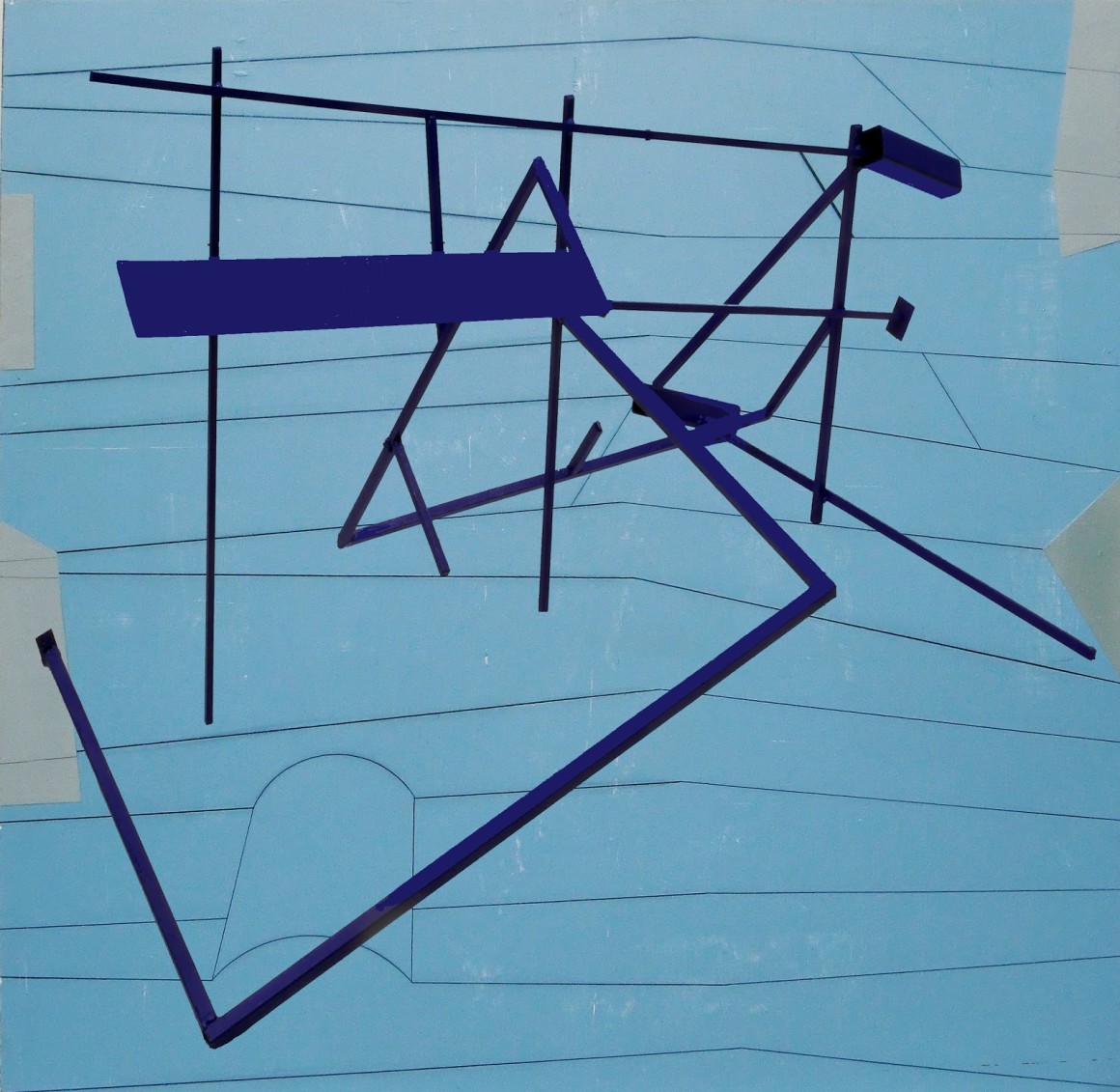Search
Close

What is an event?
 “What is an event?” is, of course, a quintessentially Deleuzian question. And Whitehead marks an important turning-point in the history of philosophy because he affirms that, in fact, everything is an event. The world, he says, is made of events, and nothing but events: happenings rather than things, verbs rather than nouns, processes rather than substances. Becoming is the deepest dimension of Being. Even a seemingly solid and permanent object is an event; or, better, a multiplicity and a series of events. Whitehead gives the example of Cleopatra’s Needle on the Victoria Embankment in London (1920/2004, 165ff.). Now, we know, of course, that this monument is not just “there.” It has a history. Its granite was sculpted by human hands, sometime around 1450 BC. It was moved from Heliopolis to Alexandria in 12 BC, and again from Alexandria to London in 1877-1878 AD. And some day, no doubt, it will be destroyed, or otherwise cease to exist. But for Whitehead, there is much more to it than that. Cleopatra’s Needle isn’t just a solid, impassive object upon which certain grand historical events – being sculpted, being moved – have occasionally supervened. Rather, it is eventful at every moment. From second to second, even as it stands seemingly motionless, Cleopatra’s Needle is actively happening. It never remains the same. “A physicist who looks on that part of the life of nature as a dance of electrons, will tell you that daily it has lost some molecules and gained others, and even the plain man can see that it gets dirtier and is occasionally washed” (167). At every instant, the mere standing-in-place of Cleopatra’s Needle is an event: a renewal, a novelty, a fresh creation.
“What is an event?” is, of course, a quintessentially Deleuzian question. And Whitehead marks an important turning-point in the history of philosophy because he affirms that, in fact, everything is an event. The world, he says, is made of events, and nothing but events: happenings rather than things, verbs rather than nouns, processes rather than substances. Becoming is the deepest dimension of Being. Even a seemingly solid and permanent object is an event; or, better, a multiplicity and a series of events. Whitehead gives the example of Cleopatra’s Needle on the Victoria Embankment in London (1920/2004, 165ff.). Now, we know, of course, that this monument is not just “there.” It has a history. Its granite was sculpted by human hands, sometime around 1450 BC. It was moved from Heliopolis to Alexandria in 12 BC, and again from Alexandria to London in 1877-1878 AD. And some day, no doubt, it will be destroyed, or otherwise cease to exist. But for Whitehead, there is much more to it than that. Cleopatra’s Needle isn’t just a solid, impassive object upon which certain grand historical events – being sculpted, being moved – have occasionally supervened. Rather, it is eventful at every moment. From second to second, even as it stands seemingly motionless, Cleopatra’s Needle is actively happening. It never remains the same. “A physicist who looks on that part of the life of nature as a dance of electrons, will tell you that daily it has lost some molecules and gained others, and even the plain man can see that it gets dirtier and is occasionally washed” (167). At every instant, the mere standing-in-place of Cleopatra’s Needle is an event: a renewal, a novelty, a fresh creation.
Steven Shaviro has some great things to say here about Whitehead and Deleuze.
…
Art by Kjell Varvin
Tags:deleuzeeventsmetaphysicsprocess philosophySteven Shavirowhitehead
0 Comments